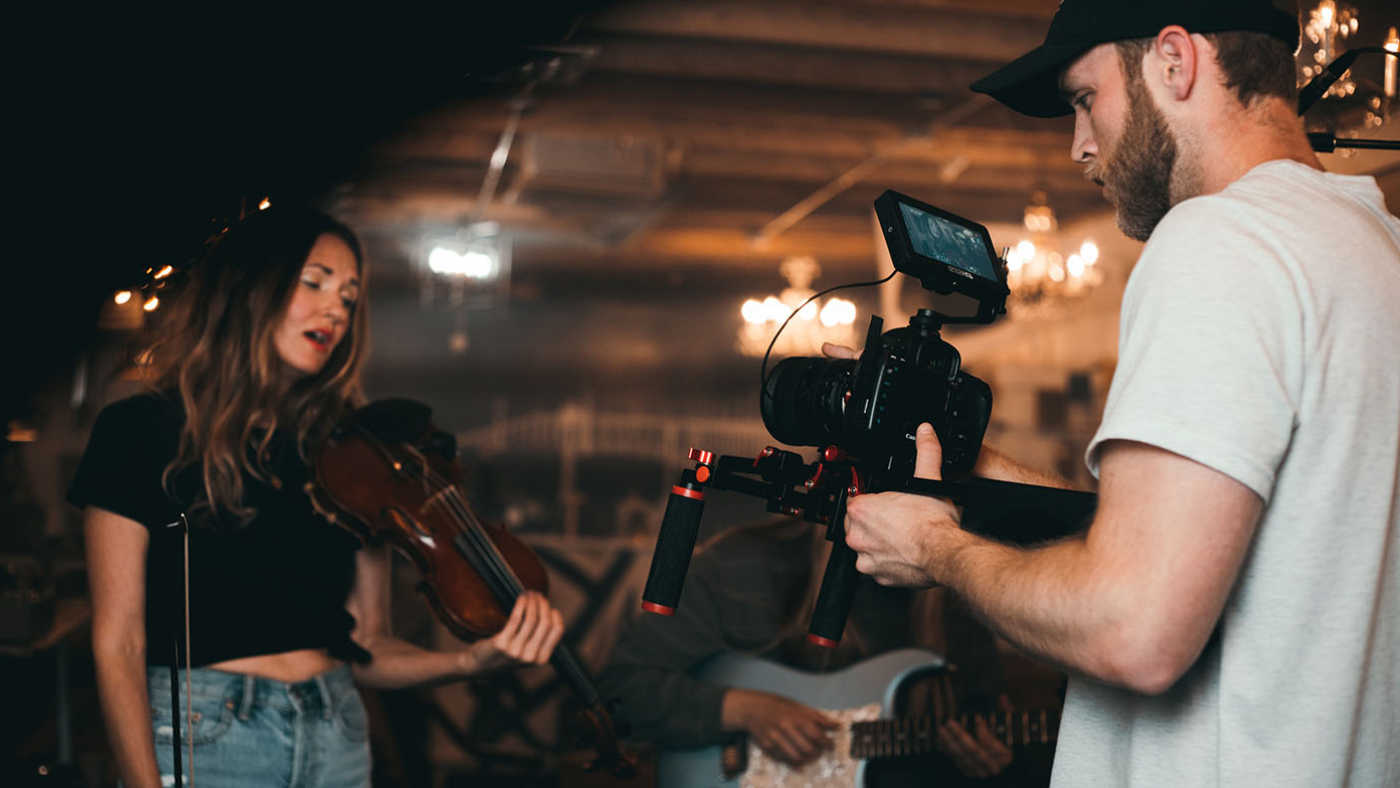
In the vibrant world of music and visual arts, the role of a music video producer is crucial. These creative professionals bring together the elements of storytelling, visual aesthetics, and music to create compelling music videos that resonate with audiences.
If you’re a creative professional or a music enthusiast, understanding the intricacies of this role can be both enlightening and inspiring. Here’s a breakdown of what a music video producer does.
The Role of a Music Video Producer
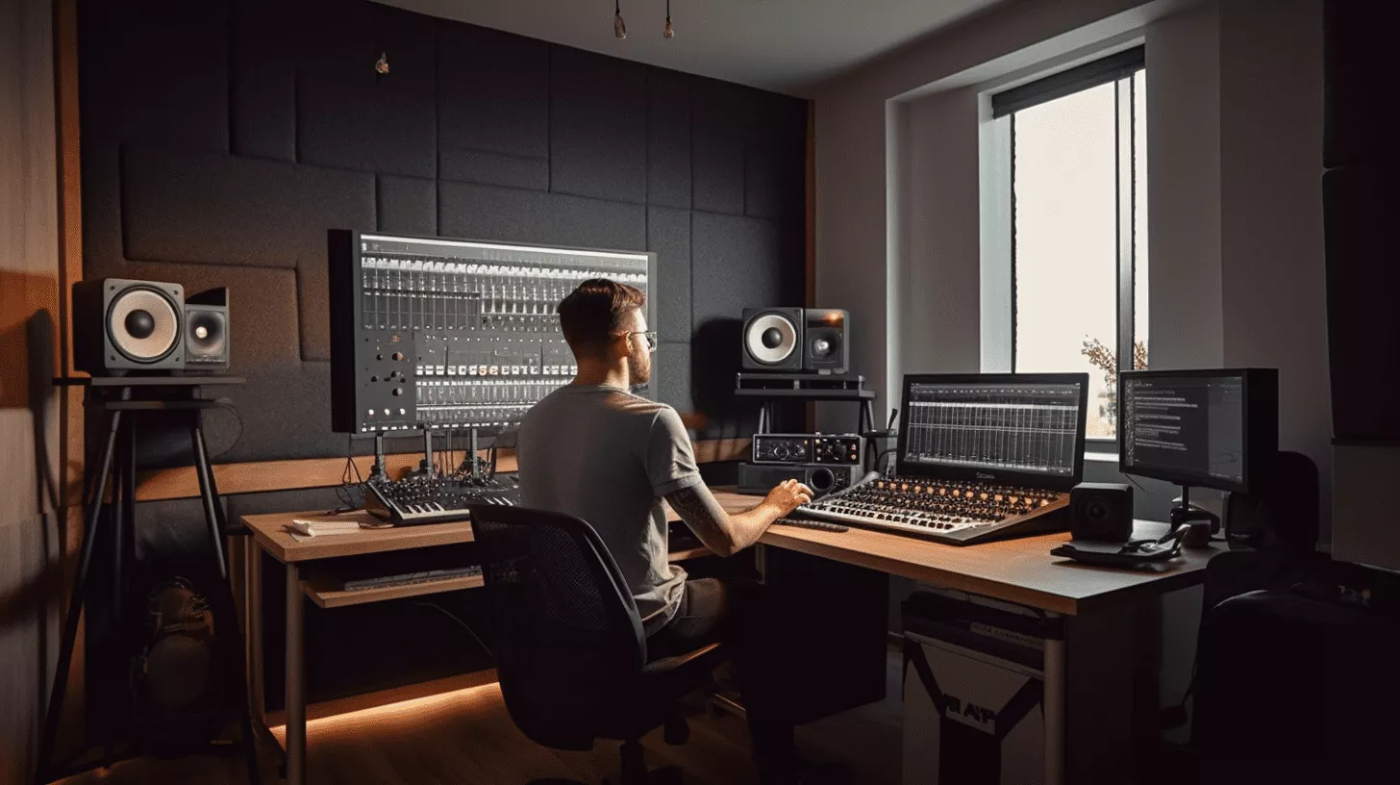
A music video producer wears many hats throughout the production process, ensuring the smooth execution of a project from concept to completion. Here are the key responsibilities:
1. Concept Development
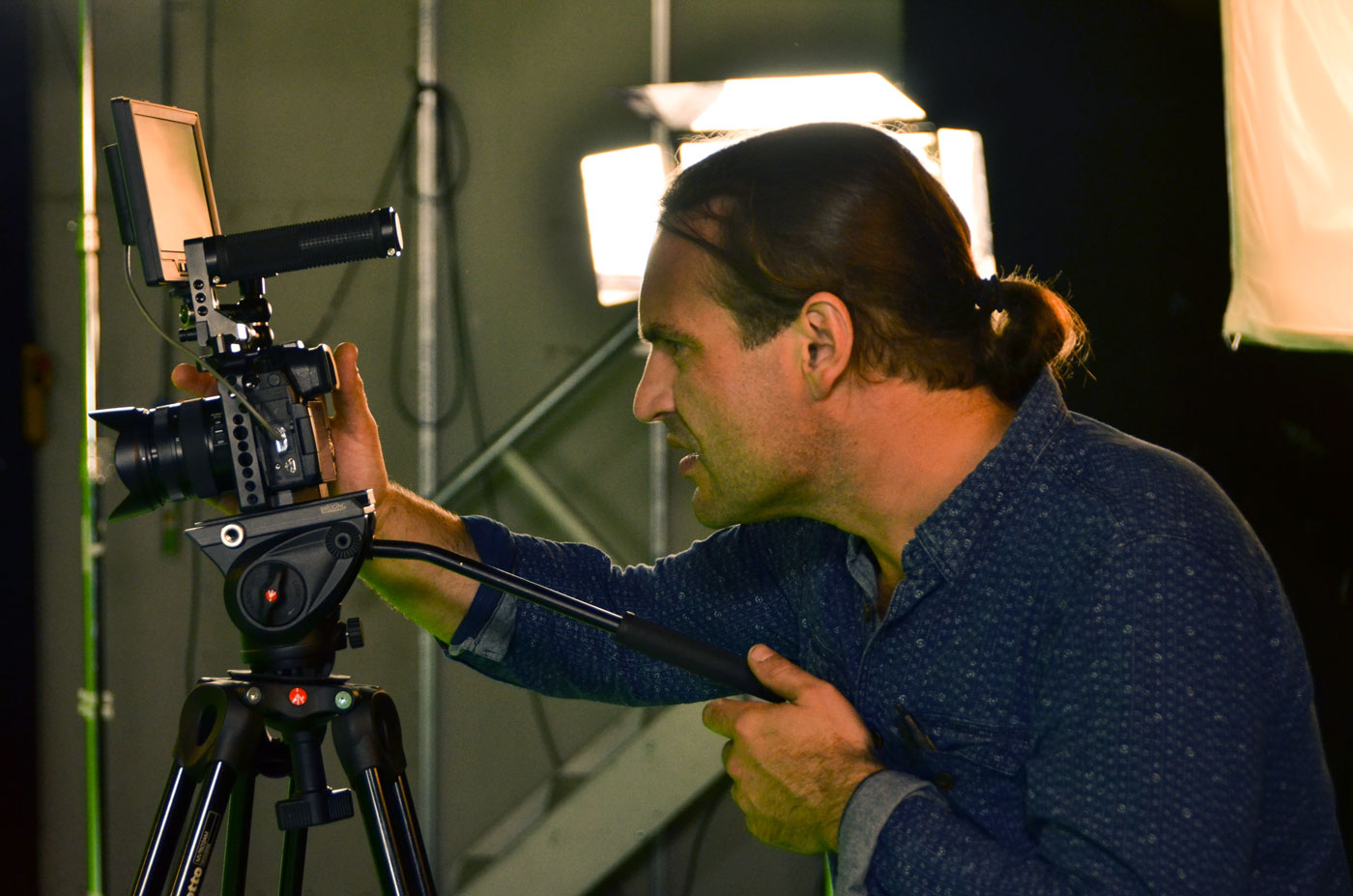
Before the cameras start rolling, a music video producer collaborates with the artist and director to develop a strong concept that aligns with the song’s message and the artist’s vision. This stage involves brainstorming sessions, mood boards, and initial storyboarding.
2. Budget Management

One of the critical responsibilities of a music video producer is managing the budget. They allocate funds for various aspects such as location, equipment, crew, costumes, and post-production. Effective budget management ensures that the production stays within financial constraints while achieving high-quality results.
3. Scheduling and Logistics

Coordinating schedules and logistics is another essential task. The producer organizes shoot dates, secures locations, arranges transportation, and ensures that all necessary permits are obtained. Efficient scheduling helps avoid delays and keeps the production on track.
4. Hiring and Leading the Crew
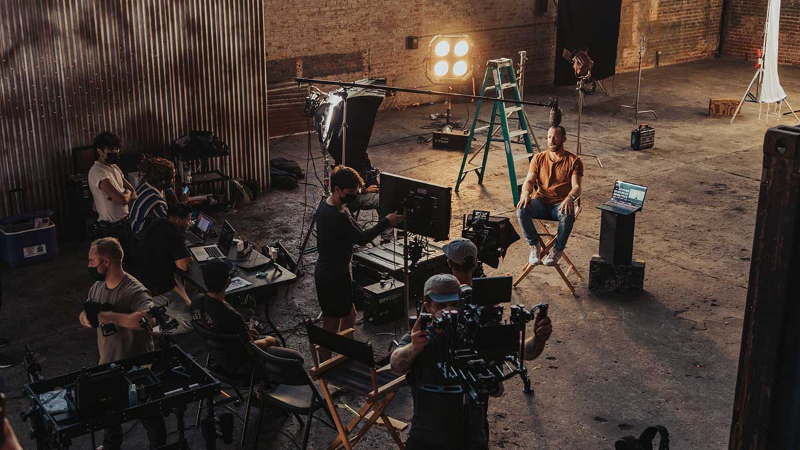
A music producer is responsible for hiring the right crew members, including directors, cinematographers, editors, and more. They also lead the team, ensuring that everyone is aligned with the project’s vision and working towards a common goal.
5. Overseeing the Production Process

During the shoot, the producer oversees the entire production process. They ensure that the shoot runs smoothly, troubleshoot any issues that arise, and make real-time decisions to keep the project on course.
6. Post-Production Supervision
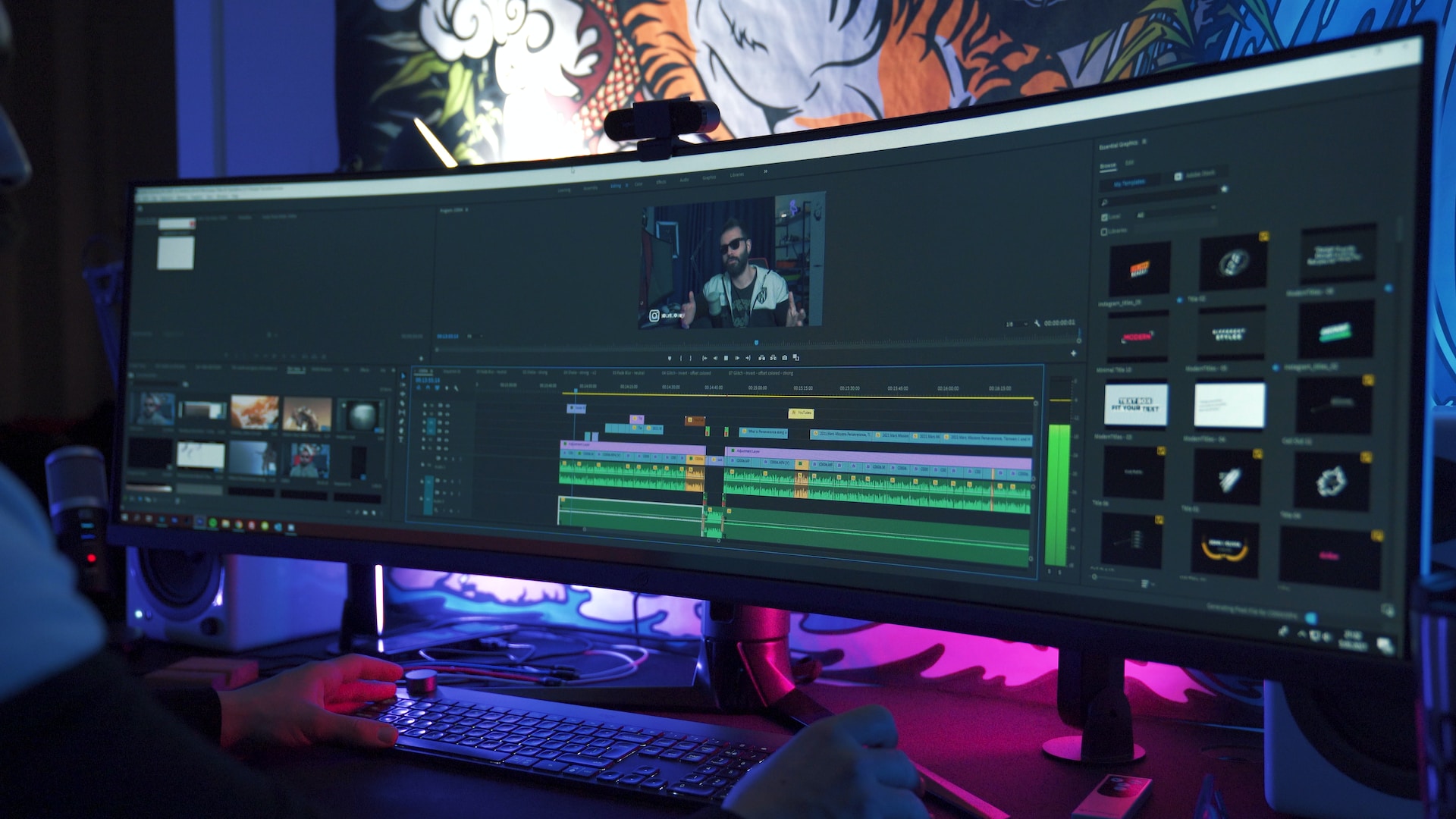
After the shoot, the producer supervises the post-production phase, which includes editing, color correction, visual effects, and finalizing the video. They work closely with editors and the artist to ensure that the final product meets expectations.
What Skills Are Essential for a Music Video Producer?
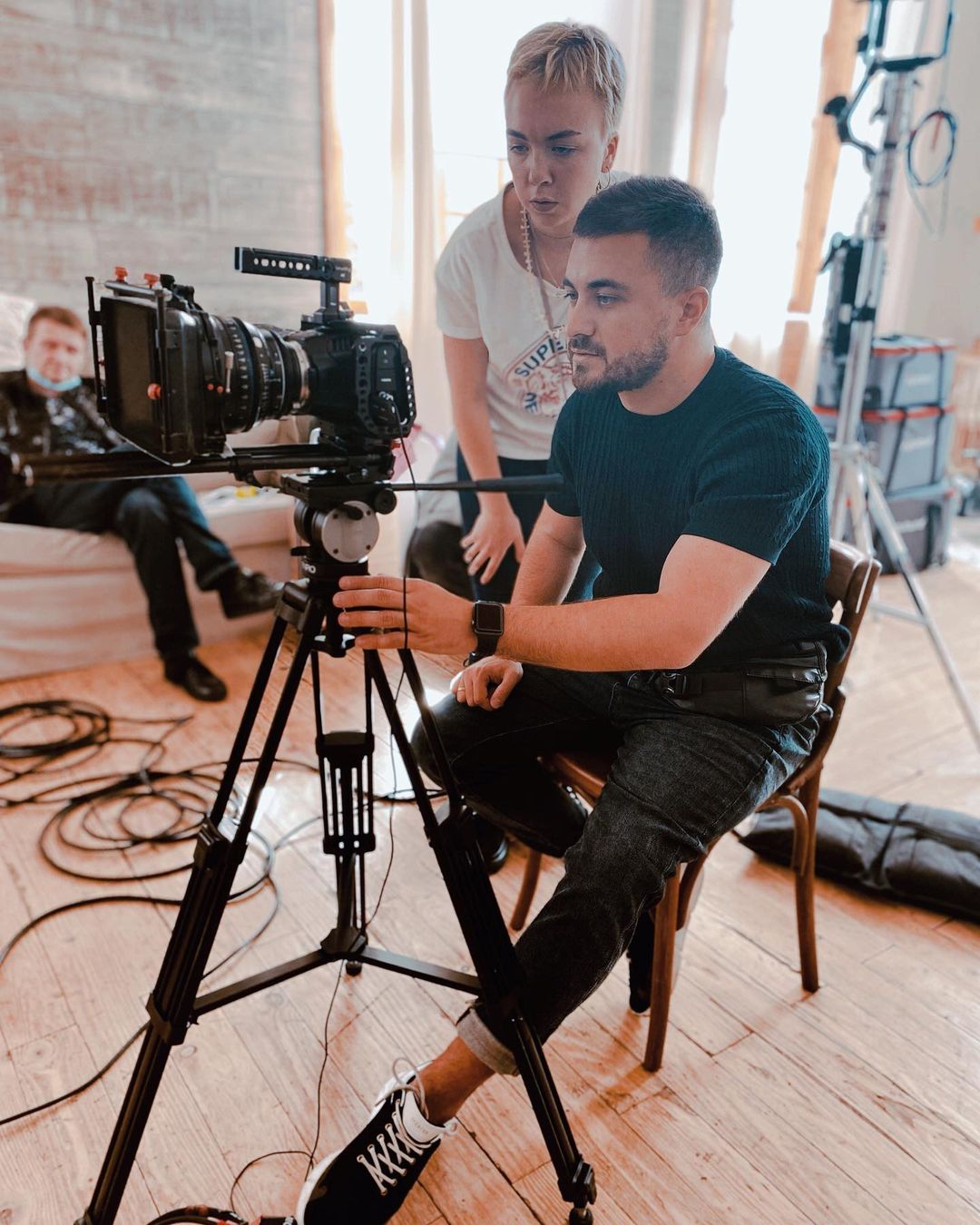
Key skills include strong organizational abilities, excellent communication, creative vision, budget management, and problem-solving skills. A deep understanding of music, filmmaking, and current trends is also beneficial.
How Can One Become a Music Video Producer?
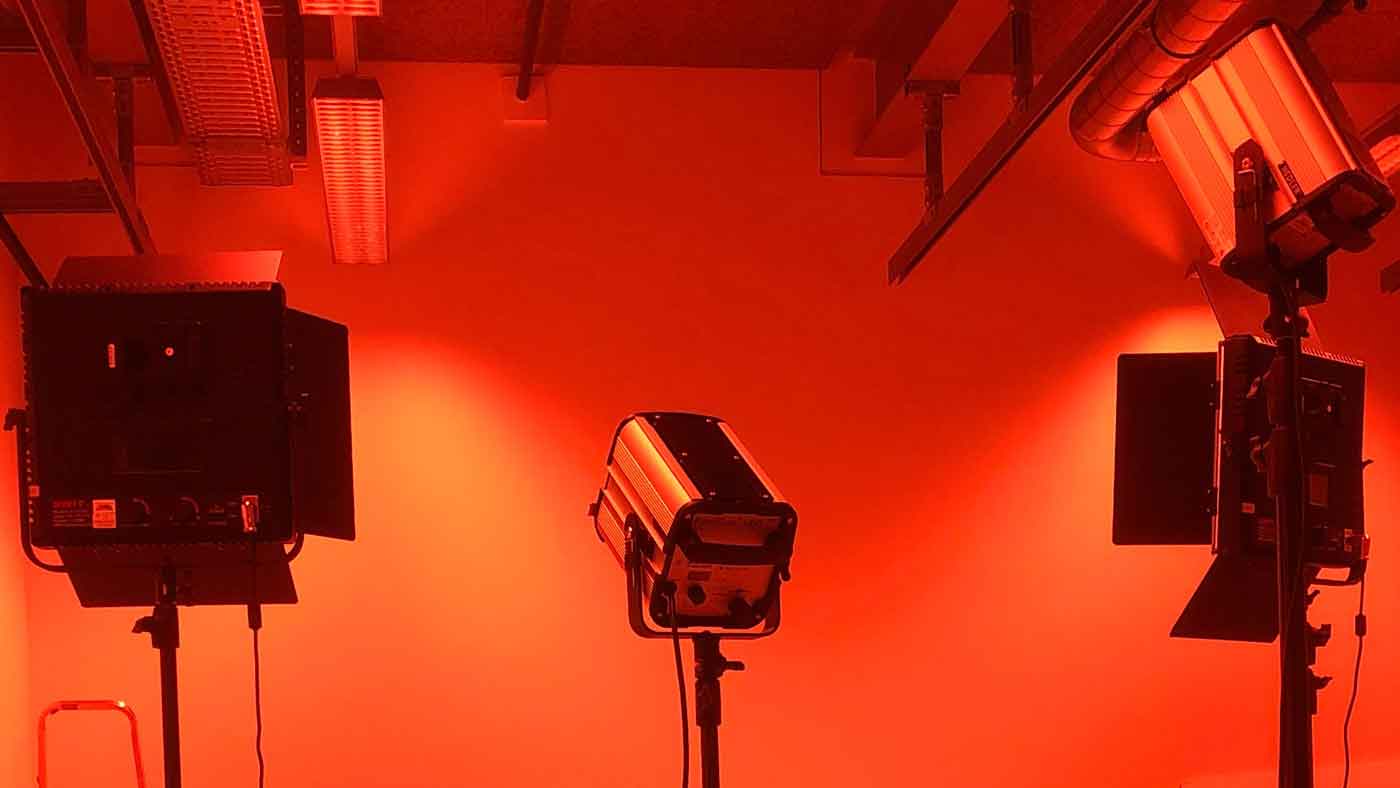
Aspiring producers typically start with a background in film, media, or music production. Gaining experience through internships, working on smaller projects, and building a network in the industry are essential steps. Strong organizational skills and a passion for creative filmmaking are also important.
Discover Everything You Need at Fifty50 Official!
Immerse yourself in a diverse collection of captivating stories, from cinema to firearms and more. Stay up-to-date with the latest news through our continually refreshed updates.
Make informed choices and stay ahead of the curve with Fifty50 Official.

Recent Comments